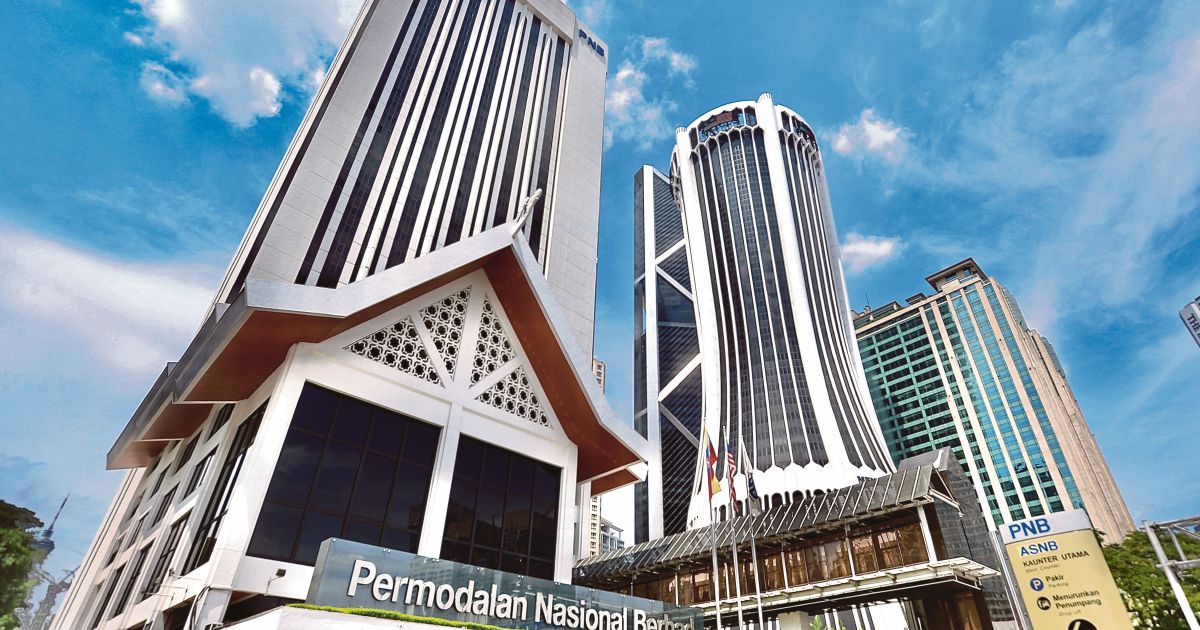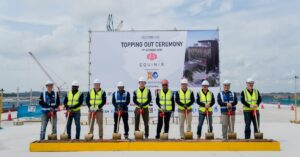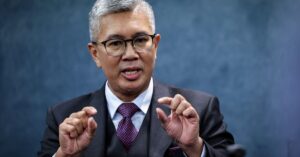Azanis Shahila Aman, Faiqah Kamaruddin
KUALA LUMPUR: Permodalan Nasional Bhd’s (PNB) commitment to prioritising unitholders’ interests before any potential divestment of highway assets highlights its balanced strategy of delivering commercial returns while supporting national objectives, economists said.
Economist Dr Geoffrey Williams observed that PNB, via its unit Projek Lintasan Kota Holdings Sdn Bhd (Prolintas), has been instrumental in highway development, providing returns to unitholders while contributing to infrastructure growth and bolstering Bumiputera participation.
He noted that although returns from PNB’s flagship funds have moderated in recent years, the group’s long-term focus and strategic investments continue to drive value for unitholders and the wider Malaysian economy.
Amanah Saham Malaysia’s payout was 5.00 sen per unit in 2025 compared to 6.60 sen a decade ago, while Amanah Saham Bumiputera 2 recorded 5.50 sen this year versus 7.75 sen, including bonus, in 2015.
“In light of this, it might be better to rebalance the portfolio in line with falling long-term returns.
“Unitholders’ long-term interests may not be best served by holding the highway portfolio, which is expensive to develop in the short term and generates lower returns compared to new opportunities,” he told Business Times.
Williams added that holding onto underperforming or legacy assets for political rather than investment reasons could ultimately harm unitholder value.
“If PNB can find buyers for its highway portfolio, it can release capital to reinvest in higher-return assets.
“All government-linked investment companies (GLICs) should be given independence to make such decisions based on maximising returns for unitholders.
“Otherwise, ordinary Bumiputera investors who rely on these relatively safe investments will be worse off,” he said.
UniKL Business School economic analyst Assoc. Prof. Aimi Zulhazmi Abdul Rashid said highway investment should be viewed as a long-term tenure, with returns based more on capital appreciation than on annual dividend payouts.
“The decision of PNB divestments must also take into account the sukuk structure, which is long-term in nature and complicated by conditions tied to institutions such as Bank Pembangunan Malaysia Bhd and trustees.
“Notwithstanding current market conditions and the value of the assets, if PNB insists on selling, the question is whether it can fetch the optimum price,” he said.
He added that because PNB is entrusted with the amanah of strengthening Bumiputera equity, the matter must be analysed strategically to avoid opportunity loss.
Singapore Institute of International Affairs senior fellow Dr Oh Ei Sun noted that PNB’s divestment dilemma also stems from the government’s fiscal constraints.
“It is plain for all to see that the government is short of money to meet its expenditure commitments, maintain subsidies and support development.
“Increasingly, it has had to rely on government-linked companies and GLICs like PNB to cover financial shortcomings,” he said.
According to Oh, divesting from assets such as Prolintas could be one way for PNB to raise funds, especially given Malaysia’s underperforming financial markets.
“PNB may have independently calculated that divesting from Prolintas is in the best interest of unitholders, so it might as well take this opportunity to do it.
“However, Prolintas has become symbolic of a ‘strategic’ Bumiputera-owned enterprise, and Prime Minister Datuk Seri Anwar Ibrahim is wary of handing the opposition a political attack point.
“As such, PNB finds itself caught between the financial necessity of unlocking value from its portfolio and the political challenge of being seen as a defender of Bumiputera interests,” Oh added.
© New Straits Times Press (M) Bhd






